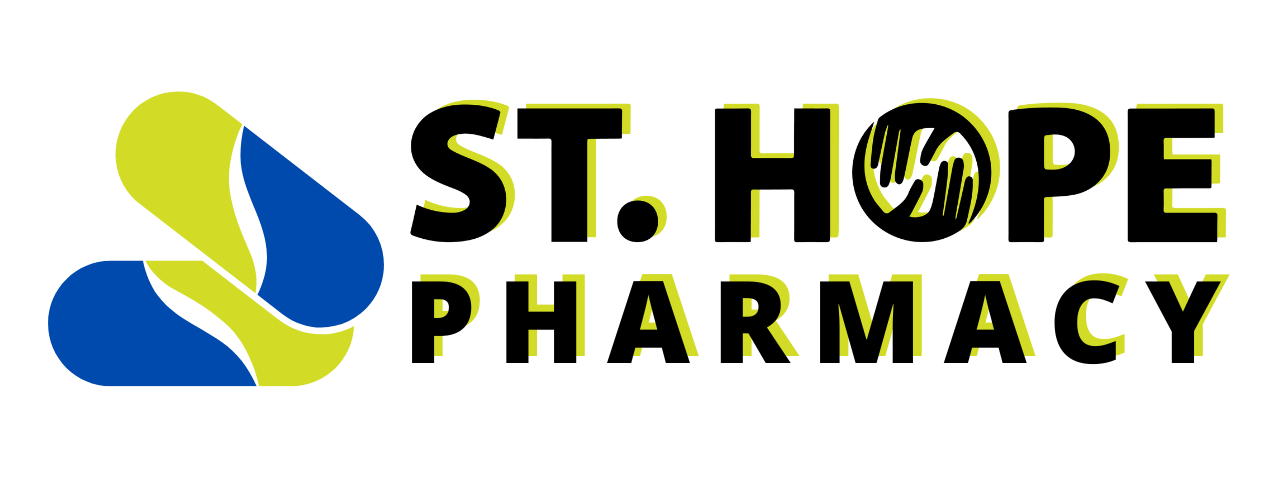What Is Medication Safety Surveillance?

There are a lot of inherent risks in taking medications. Hand in hand with the curative and oftentimes life-saving benefits is the fear of experiencing harmful side effects or, in rare cases, digesting a defective medication that’s been deemed unsafe to use.
Thankfully, pharmacists are trained in medication safety surveillance, or the ongoing process of monitoring the pharmaceuticals they dispense. Healthcare professionals aren’t infallible – even with extensive experience, mistakes can still happen, whether it’s a human or biochemical error. Detail-oriented pharmacists who put their patients first should always monitor their patients for abnormal symptoms, provide guidance when a prescription isn’t working and act quickly when remediation is necessary.
There are a myriad of professional and governmental programs centered around medical safety surveillance that are designed to assure patients that what they’ve been prescribed is safe to use.
What Are the Different Types of Risk Assessment Programs in Pharmaceuticals?
Postmarket Surveillance
Postmarket surveillance refers to the monitoring of a drug once it has been released on the market. Even after a medication is approved by the FDA and made available to the public, its safety and efficacy continue to be monitored using various tools and methodologies including:
- Pharmacovigilance: Also known as drug safety, pharmacovigilance involves the collection and analysis of data on adverse effects of drugs that are reported by healthcare providers, patients and other stakeholders. Whether the surveillance is passive or active, the goal of the science is to determine whether there are changes in the benefit-risk profile of the drug. Pharmacists should implement swift remedies if needed.
- Periodic Safety Update Reports (PSURs): PSUR rules require drug manufacturers to submit regular systematic safety reports. PSURs ensure drugs continue to be safe throughout their lifespan, from design to public release, by providing updates on new or evolving information from clinical trials and literature.
- Post-Authorization Safety Studies (PASS): PASS are conducted after a drug has been approved. They evaluate the safety and efficacy of a drug under real-world conditions, including how the drug’s risks are explained to patients and managed by doctors and pharmacists.
Adverse Drug Event Monitoring
Adverse drug event monitoring focuses on post-market adverse drug events specifically, not on individual patient reactions to drugs due to their unique chemistry or condition. These reports help to identify potential issues that may not have been evident during earlier testing phases, such as new or rare side effects that may emerge once a drug is used by a larger, more diverse population than during controlled clinical trials.
Medical Error Surveillance
Medical error surveillance involves medication errors made by healthcare professionals and patients, such as incorrectly prescribing or administering a drug. Any error reported is followed up with a thorough investigation to identify the underlying causes of the error and strategize methods to reduce the risk of recurrence in the future.
The Challenges and Limitations of Medication Safety Surveillance
Unfortunately, many adverse drug events go unreported by patients or medical professionals due to a lack of awareness, time constraints or fear of repercussions. What’s more, determining whether a medication is the direct cause of an adverse event isn’t always straightforward, especially in cases where patients are taking multiple medications or have pre-existing health conditions. But it’s only with honest and accurate reporting that healthcare professionals can recommend certain medications confidently.
At St. Hope Pharmacy, we pride ourselves on our integrity. We thoroughly review every medication in our inventory to verify they’re safe to use and will diligently monitor your condition, confirming your prescription is delivering effective results. If not, we’re quick to change course and explore other options to ensure you’re getting the best treatment possible.
We’ll Manage Your Medications With Dedicated Risk Assessment and Diligent Monitoring
Houston area residents trust St. Hope Pharmacy for their pharmaceutical needs, as we take assiduous care to ensure the medications we administer to patients are safe and effective. Our experienced pharmacists will fulfill your prescription promptly and explain your medication regime in depth, including what time of day you should take them and whether you can take them with food or on an empty stomach, so you never feel lost about what you’re taking.
As a full-service pharmacy, we serve St. Hope patients and non-patients alike. Contact one of our six pharmacies located in Bellaire, Conroe, Houston, Sugar Land and Dickinson if you would like to transfer your prescription.


